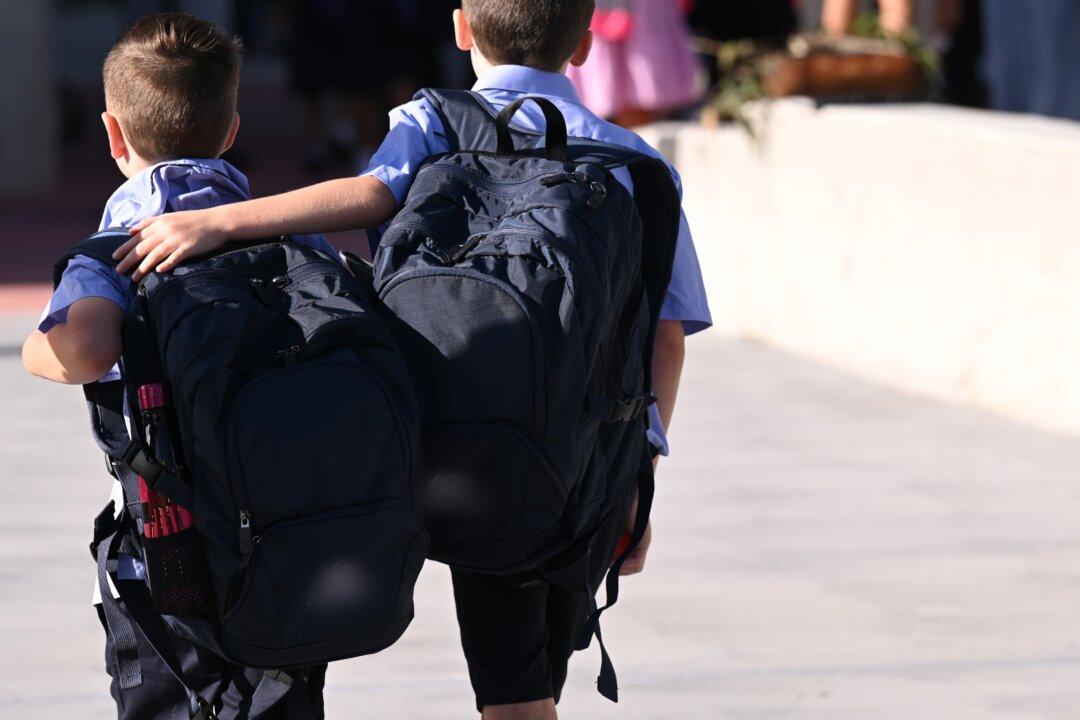Teachers at a New South Wales (NSW) south coast school thought their young students were coping well after the Black Summer bushfires–until wild winds swept through the playground.
Royal Far West chief executive Jacqui Emery was at the school after the catastrophic fires as part of the rural children’s charity wellbeing program in disaster-affected regions.





